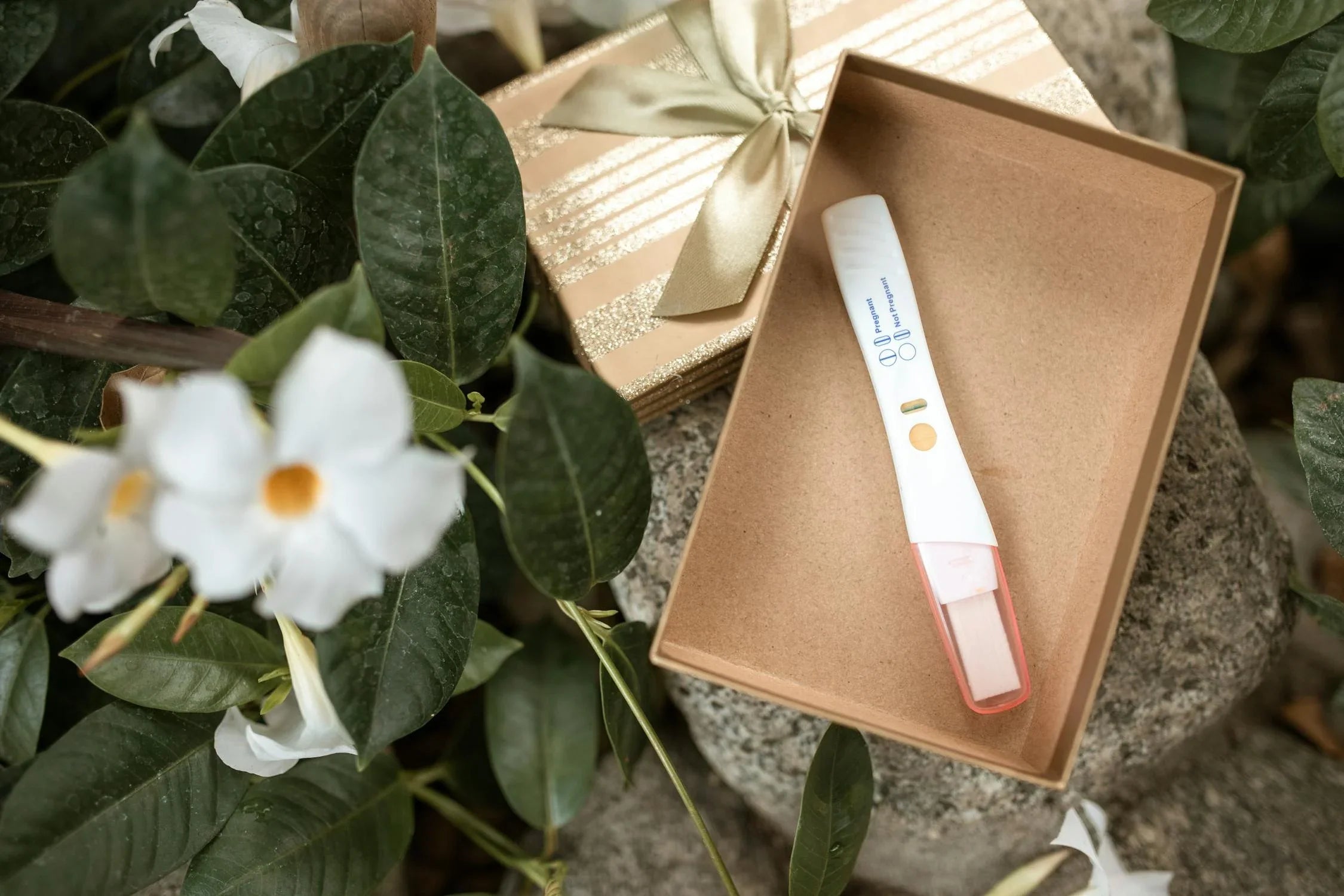Accueil
Pregnancy, Breastfeeding, and Pumping: The Ultimate Guide for Moms
How Soon After Ovulation Can You Get a Positive Pregnancy Test

How Soon After Ovulation Can You Get a Positive Pregnancy Test
For many women, the journey to motherhood begins with a simple yet life-changing question: How soon after ovulation can you get a positive pregnancy test? The answer lies in understanding the intricate processes of ovulation, fertilization, and implantation, as well as the science behind modern pregnancy tests. This article delves into the details, offering clarity and guidance for those eagerly awaiting confirmation of pregnancy.
Understanding Ovulation and the Menstrual Cycle
Ovulation is the release of a mature egg from the ovary, typically occurring around the midpoint of a woman's menstrual cycle. For those with a 28-day cycle, ovulation usually happens around day 14. However, this can vary depending on individual cycle lengths and hormonal fluctuations. After ovulation, the egg travels through the fallopian tube, where it may be fertilized by sperm. If fertilization occurs, the resulting embryo begins its journey toward the uterus for implantation.
The Role of hCG in Early Pregnancy Detection
Human chorionic gonadotropin (hCG) is a hormone produced by the developing placenta shortly after implantation. This hormone is the key marker detected by pregnancy tests. hCG levels rise rapidly in early pregnancy, doubling approximately every 48 to 72 hours. However, it takes time for hCG to reach detectable levels in urine or blood. The timing of a positive pregnancy test depends on when implantation occurs and how quickly hCG levels increase.
When Can You Take a Pregnancy Test After Ovulation?
Most pregnancy tests on the market are designed to detect hCG levels of 25 mIU/mL or higher. Implantation typically occurs 6 to 12 days after ovulation, with the average being around 9 days. Once implantation happens, it can take an additional 1 to 2 days for hCG levels to become detectable. This means that the earliest you might get a positive pregnancy test is about 8 to 10 days after ovulation. However, for most women, waiting until 12 to 14 days post-ovulation increases the likelihood of an accurate result.
Factors Affecting Test Accuracy
Several factors can influence the accuracy of a pregnancy test, including the sensitivity of the test, the timing of implantation, and individual variations in hCG production. Some tests are more sensitive and can detect lower levels of hCG, potentially providing earlier results. Additionally, the time of day the test is taken can matter, as hCG levels are typically more concentrated in the first morning urine. It's also important to follow the test instructions carefully to avoid false negatives or positives.
Early Testing: Pros and Cons
Testing early can be tempting, especially for those who are eager to confirm pregnancy. However, early testing comes with its own set of challenges. Testing too soon may result in a false negative, even if pregnancy has occurred, simply because hCG levels are not yet high enough to detect. This can lead to disappointment and confusion. On the other hand, waiting a few extra days can provide more reliable results and reduce the likelihood of needing to retest.
What to Do If You Get a Negative Result
If you receive a negative result but still suspect you might be pregnant, it's important to wait a few days and retest. hCG levels increase rapidly in early pregnancy, so a test taken a few days later may yield a positive result. Additionally, if your period is significantly late and you continue to receive negative results, it may be worth consulting a healthcare provider to rule out other potential causes.
Emotional Considerations During the Waiting Period
The time between ovulation and taking a pregnancy test can be emotionally taxing. Many women experience a mix of hope, anxiety, and impatience. It's important to take care of your mental and emotional well-being during this time. Engaging in relaxing activities, seeking support from loved ones, and maintaining a healthy lifestyle can help manage stress and keep you grounded.
When to Seek Medical Advice
If you have been trying to conceive for several months without success, or if you experience unusual symptoms such as severe pain or heavy bleeding, it's important to consult a healthcare provider. They can perform blood tests to measure hCG levels more accurately and provide guidance on next steps. Early medical intervention can be crucial in addressing potential fertility issues or complications.
Understanding how soon after ovulation you can get a positive pregnancy test is essential for anyone trying to conceive. While the wait can be challenging, knowing the science behind the process and the factors that influence test accuracy can help you navigate this exciting yet uncertain time. Whether you're eagerly anticipating a positive result or preparing for the next steps in your journey, staying informed and patient is key. The moment you see those two lines or a positive sign, your life may change forever—so make sure you're ready for the adventure ahead.
Partager

